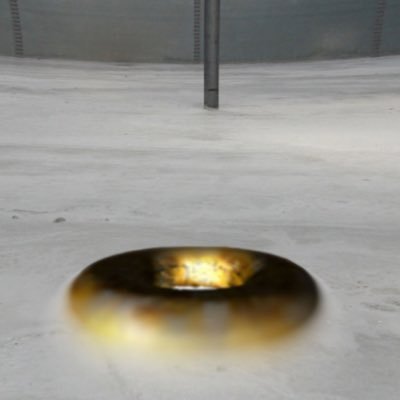結果
| 問題 | No.177 制作進行の宮森あおいです! |
| コンテスト | |
| ユーザー |
 glreto glreto
|
| 提出日時 | 2020-11-13 19:05:20 |
| 言語 | C++14 (gcc 15.2.0 + boost 1.89.0) |
| 結果 |
RE
|
| 実行時間 | - |
| コード長 | 2,756 bytes |
| 記録 | |
| コンパイル時間 | 2,062 ms |
| コンパイル使用メモリ | 184,508 KB |
| 実行使用メモリ | 6,944 KB |
| 最終ジャッジ日時 | 2024-07-22 20:11:54 |
| 合計ジャッジ時間 | 4,892 ms |
|
ジャッジサーバーID (参考情報) |
judge1 / judge2 |
(要ログイン)
| ファイルパターン | 結果 |
|---|---|
| sample | RE * 3 |
| other | RE * 13 |
ソースコード
#include<bits//stdc++.h>
using namespace std;
typedef long long ll;
#define rep(i, n) for (int i = 0; i < (int)(n); i++)
#define req(i,n) for(int i = 1;i <= n; i++)
#define rrep(i,n) for(ll i = n-1;i >= 0;i--)
#define ALL(obj) begin(obj), end(obj)
#define RALL(a) rbegin(a),rend(a)
typedef long long int ll;
typedef long double ld;
using pll = pair<ll,int>;
const int MAX = 510000;
const ll MOD = 1000000007;
template<class T> inline bool chmax(T& a, T b) { if (a < b) { a = b; return 1; } return 0; }
template<class T> inline bool chmin(T& a, T b) { if (a > b) { a = b; return 1; } return 0; }
const ll INF = 1e18;
struct Dinic {
struct edge {
ll to,cap,rever;
edge(ll to,ll cap, ll rever) :to(to), cap(cap), rever(rever) {}
};
vector< vector<edge> > graph;
vector<int> level, iter;
Dinic(ll V) :graph(V), level(V), iter(V) {}
void add_edge(ll from, ll to,ll cap) {
graph[from].emplace_back(to, cap, graph[to].size());
graph[to].emplace_back(from, 0, graph[from].size() - 1);
}
void bfs(int s) {
fill(ALL(level), -1);
queue<ll> que;
level[s] = 0;
que.push(0);
while (que.size()) {
ll v = que.front(); que.pop();
for (edge& e : graph[v]) {
if (e.cap > 0 && level[e.to] < 0) {
level[e.to] = level[v] + 1;
que.push(e.to);
}
}
}
}
ll dfs(ll v, ll t,ll f) {
if (v == t) return f;
for (int& i = iter[v]; i < graph[v].size(); i++) {
edge& e = graph[v][i];
if (e.cap > 0 && level[v] < level[e.to]) {
ll d = dfs(e.to, t, min(e.cap, f));
if (d > 0) {
e.cap -= d;
graph[e.to][e.rever].cap += d;
return d;
}
}
}return 0;
}
ll max_flow(int s, int t) {
ll flow = 0;
while (1) {
bfs(s);
if (level[t] < 0) return flow;
fill(ALL(iter), 0);
ll f; while ((f = dfs(s, t, 1e15)) > 0) flow += f;
}
}
};
int main(){
int w,n,m,c;cin >> w>>n;vector<int> J(n),C(m);
rep(i,n) cin >> J[i];
cin >>m;Dinic dn(n+m+2);
vector<vector<int>> G(n,vector<int>(m,1));
rep(i,n) dn.add_edge(0,i+1,J[i]);
rep(j,m) {
cin >> C[j];dn.add_edge(j+n+1,n+m+1,C[j]);
}
rep(i,m){
int q;cin >>q;
rep(j,q){
int x; cin >>x;x--;G[x][i]=0;
}
}rep(i,n){
rep(j,m){
if(G[i][j]) dn.add_edge(i+1,j+1+n,MOD);
}
}ll ans = dn.max_flow(0,n+m+1);
if(ans >= w)cout << "SHIROBAKO" <<endl;
else cout << "BANSAKUTSUKITA" <<endl;
}
